What Has More Magnesium Beef or Chicken in Dog Food

WHAT GOES IN

APPLE

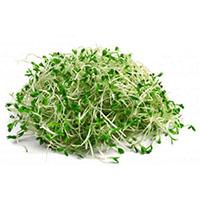
ALFALFA

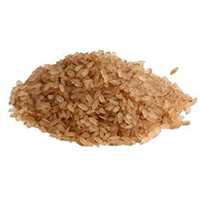
BROWN RICE (Ground)


CHICKEN MEAT

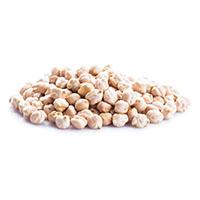
CHICKPEAS


COCONUT OIL

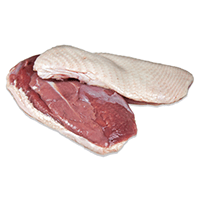
DUCK MEAT


EGG

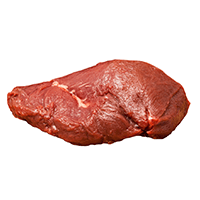
KANGAROO MEAT

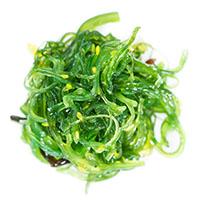
KELP (Seaweed)


LAMB MEAT

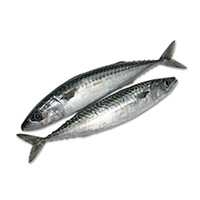
MACKEREL

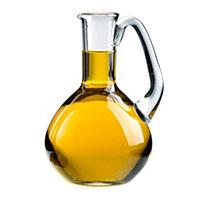
NATURAL FATS & OILS


OMEGA 3 FATTY ACIDS


PARSLEY

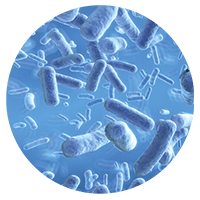
Pre & Probiotics:


PUMPKIN

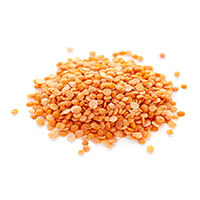
RED LENTILS

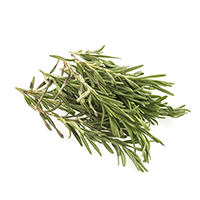
ROSEMARY


SALMON

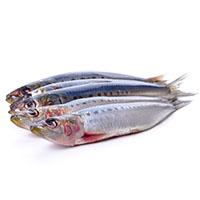
SARDINE

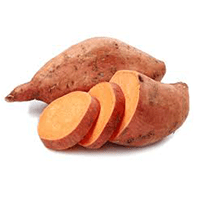
SWEET POTATO

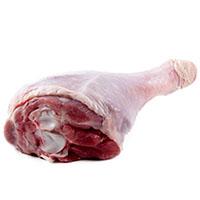
TURKEY MEAT


TURMERIC

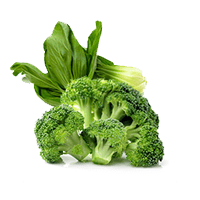
SEASONAL VEGETABLES

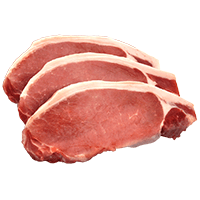
PORK

WHAT STAYS OUT
BEEF
Although we cater for most dogs & cats with our uniquely formulated food and treats, we also offer formulations for those pets that can tolerate beef and chicken , why should they miss out on the MfM benefits. So we have developed our all-natural carnivore beef and the "grain-free" puppy & whelping food.
TOMATO POMICE
The skin,seeds and some pulp of the tomato after juice, sauce and peeled tomato production has occurred. It contains good levels of fat (which needs preservatives to stop rancidity), lycopene (an anti-oxidant), and soluble fibre to aid digestion. However, the fat must be preserved when the pomice is dried, and that preservative is never listed on the pet food label. The lycopene does have an anti-oxidant effect, but has no vitamin effect (vitamin K) as often claimed. The soluble fibre is very good, but there are many other ingredients that contribute a far wider and more concentrated supply of essential nutrients than this by-product, and the skin of the tomato is that part that has the highest concentration of residual chemicals and pesticides.
BEET PULP
The leftover portion of sugar beet once the sugar has been extracted. Beet pulp is an excellent source of insoluble fibre and helps to regulate the colon and create firm stools. However, some claim it promotes coat staining (particularly in white breeds), bloat and intestinal constriction. As with tomato pomice, having to use a refined by-product suggests naturally balanced nutrient sources are not included in the food.
VITAMINS & MINERALS
BETA CAROTENE
A powerful antioxidant derived from the orange or yellow color in fruits in vegetables. Beta carotene is converted into vitamin A inside the body.
CALCIUM IODATE
Is a source of iodine, a trace mineral which is vital to the proper functioning of the thyroid gland.
CHLORIDE
Is an essential mineral that helps regulate and maintain the correct acid/alkali balance in the blood. It is needed by the liver to help filter wastes from the system.
COBALT
Is a trace mineral that promotes normal blood cell formation.
COPPER
Is necessary for the formation of collagen, bone & connective tissue. Also provides relief for rheumatoid arthritis. Sourced from fish and brown rice.
DICALCIUM PHOSPHATE
A natural source of calcium and phosphorus in the correct ratios. Calcium is essential for muscle contraction and neuro-muscular transmission and for blood coagulation.
DOCOSAHEXAENOIC ACID (DHA)
Our formulas supply natural DHA (Docosahexaenoic Acid) through easy-to-digest salmon oil, optimizing your pet's potential for a healthy mind and body. DHA is a natural Omega-3 fatty acid critical for brain and vision development. A growing puppy or kitten first receives DHA from its mother's milk. Studies show that puppies and kittens can greatly benefit from DHA long after weaning.
DL - METHIONINE
An essential amino acid which contains sulfur. Important for both dogs and cats, but more critical in cats since they have an increased demand for this amino acid. This is also a urine acidifier.
IRON PROTEINATE
Chelated form of iron. Necessary for the transport of oxygen throughout the body. Chelated minerals are attached to amino acids for better absorption from the digestive tract.
MANGANESE
Is needed for normal bone structures. It is also important for the formation of thyroxin, the principal hormone of the thyroid gland.
OMEGA 3,6 & 9
Known as essential fatty acids, it is important that all 3 types of fats are provided in the correct ratios to ensure the healthy functioning of many parts of the body and may assist with: energy, inflammation, body composition, muscle maintenance, healthy skin and coat , cell structure and function and increased immune system.
OMEGA 3,6
Essential source of omega fatty acids. Promotes healthy cardiovascular, immune and nervous systems, healthy skin and coat, sourced from fish oil and fish protein for maximum health benefits as well as a direct source of EPA and DHA
OMEGA 9
Sesame oil is a source of vitamin E, Vitamin E is an antioxidant and has been correlated with lowering cholesterol levels. Sesame oil also contains magnesium, copper, calcium, iron, zinc, and vitamin B6.
ORGANIC CHELATED MINERALS
Is added to the food for two reasons. Firstly, the vegetable content of the food causes a base effect in the animal. An excessive base effect (or acid binding effect) causes the urine pH to rise to a level that can cause struvite crystals to form in the kidneys and bladder of the dog. Struvite crystals are a by-product of the breakdown of protein in the body and are a natural consequence of the metabolism of protein. The actual acid level is very important in that too much acid can cause uric acid to precipitate from the urine. Maintaining the correct pH value for urine is the single most important factor in maintaining urinary tract health and subsequently longevity in dogs.
The second reason for adding organic acid is to slightly raise the acidity of the food to help protect the food from the growth of mold or fungi. Molds produce a variety of mycotoxins as a by product of their growth, and these mycotoxins can be extremely toxic and dangerous for the dog.
POTASSIUM
Is an alkaline based forming mineral. Together with sodium, it is responsible for maintaining the proper fluid balance in the body's cells.
SELENIUM
Is a potent antioxidant sourced from meat and fish.
TAURINE
Amino acid essential for cats that maintains healthy eyes and heart. Considered to be conditionally essential for dogs (meaning certain dogs require it in their diet under certain conditions - particularly true when the dog is eating a lamb formula that has low protein content).
TOCOPHEROLS
Natural preservative made of compounds of Vitamin E. Used to prevent rancidity in the chicken fat and the overall formula.
VITAMIN B6 (Pyridoxine)
Is vital to the nervous system and aids in the formation of red blood cells.
VITAMIN B1 (Riboflavin)
Works with B1 to convert food into energy and it is also essential for growth and reproduction.
VITAMIN B3 (Niacin)
Vitamin B3. Important for maintenance of hair, skin, nervous system and energy metabolism. Dogs synthesize niacin from tryptophan (an amino acid) but cats must have it provided in their diet.
VITAMIN B1 (Thiamin)
Is essential for converting food into energy. It helps create energy from food by promoting the proper metabolism of carbohydrate in the body.
VITAMIN A
Is an essential antioxidant nutrient. It plays an important role in healthy function of lungs and air passages and helps maintain healthy eyes, skin, teeth, and gums.
VITAMIN B5 (Pantotenate Acid)
Stimulates the adrenal glands to produce natural cortisone and hormones. It is essential for proper utilization of fats and carbohydrates.
VITAMIN B12
Aids growth, food metabolism, the nervous system, and red blood cell formation.
VITAMIN C
An essential amino anti-oxidant nutrient. It acts in the formation of collagen, with the repair of soft tissues, bones, and teeth. It also assists with iron absorption.
VITAMIN D
Is essential for the absorption of calcium and phosphorus. It is required for healthy, bones, teeth, and cartilage.
VITAMIN C (Ascorbic Acid)
Acts as an antioxidant in the feed to preserve shelf life and prevent rancidity. Non-essential vitamin for dogs and cats as they can produce adequate amounts on their own.
VITAMIN E
Is an essential anti-oxidant nutrient. It helps maintain blood cells and can supply oxygen to the body to increase endurance.
VITAMIN H (Bioton)
Biotin is important in fatty acid synthesis, branched-chain amino acid catabolism and sourced from leafy green vegetables.
ZINC
Is the natural form of zinc. It is essential for proper growth, helps detoxify the liver from poisons, and maintains vitamin A levels in the body.
ZINC PROTEINATE
Is zinc that is bound to a protein molecule for increased absorption.
Source: https://www.mealsformutts.com.au/ingredient-dictionary/
0 Response to "What Has More Magnesium Beef or Chicken in Dog Food"
Post a Comment